Have you ever had the experience of dieting and/or exercising, and getting absolutely no where? I had a conversation with a young woman on my softball team, about how frustrated she was with her lack of results from all her hard work and food deprivation. This woman was seemingly spot on with her food (although under-eating), and working out hard 6-7 days per week for 1-2 hours per day! I didn’t blame her one bit for being annoyed, and props to her for persevering for so long. It did make me wonder “why do people keep doing the same thing, while expecting different outcomes from it?”
I wanted to just touch briefly on how many aspects of your overall health, can affect your weight and body composition, because it certainly can go beyond food and exercise (although those ARE important as well, of course!). Warning: this article is a little more lengthy than most. There’s just so much to say on this topic!
1. Your hormones are out of balance
- Your ability to burn fat and use food for fuel rather than fat storage, is heavily dependent on your hormone balance. There are four main hormones that can greatly affect your fat loss goals.
- Adiponectin– This hormone is in charge of telling your body to burn fat for fuel instead of carbs. Unfortunately, the more fat you have, the less adiponectin you have. It makes it really hard to get fat loss started. You can help jumpstart your levels by increasing your magnesium intake, either by taking a high quality supplement, or by consuming seeds (pumpkin seeds are great) and green, leafy vegetables like spinach and kale
- Ghrelin– This hormone is responsible for sending hunger signals to your brain. The more your have, the hungrier you are. One way to help bring Ghrelin back into check is to get more sleep. Go to bed as close to
 10pm as possible.
10pm as possible. - Insulin– This is the fat storage hormone. The more it’s produced, the more fat storage occurs. It’s responsible for pushing sugar from your blood into your cells or muscles for energy. If it isn’t working properly, your blood sugar will remain higher than it should be, and you will store the sugar as fat instead of burning it for fuel. Two very effective ways to decrease your insulin output, is to strength train on a regular basis and eat a moderate to low carbohydrate diet, free of added sugars, refined grains, and artificial sweeteners.
- Cortisol– This is the hormone that is released in response to stress. When levels are too high, it makes you crave sweets and carbs, which throw off your blood sugar and leave you feeling unsatisfied and hungry all the time. High levels are associated with weight gain particularly in the belly area, and it can even start breaking down your precious muscle for fuel! In a healthy person with good emotional balance, it’s only produced when there is an acute stressor (like running after your child who is going into the road). The problem arises when you are no longer able to control those stressors and everything looks like an acute stressor to your nervous system (late for work, working overtime, not enough sleep, over commitments, etc). Three ways to help reduce your cortisol level are to wean off of caffeine and alcohol as much as possible, find ways to avoid stressful situations (learn not to overcommit and say “no”), and to mitigate your stress by doing daily stress reduction activities (yoga, fun reading, talking or being with friends, walking, meditating, etc).
2. Digestion issues or pathogenic infections
- If you regularly have digestive issues like IBS, diarrhea, constipation (or a mix of both), bloating, gas, nausea, pain, heartburn, general discomfort, and multiple food sensitivities or allergies, that should be a pretty clear sign that your gastrointestinal system is not working optimally. This not only affects your metabolism, but it also means you aren’t optimally absorbing or utilizing the nutrients you are taking in. That means you could be eating perfectly, but unless your GI system in healthy, it simply won’t allow you to reap the benefits!
- This area of health is at the top of priority list because it affects such a wide range of functions in your body. In fact, it directly or indirectly impacts every one of the 7 points made in this article!
- Research is currently showing a strong association between gut flora (the balance of good and bad gut “bugs”) and overall gut health, with obesity and diabetes. This association makes sense, because we know the environment of your GI system can affect how your body stores or utilizes the food you eat, how easy or hard it is for you to lose weight, your appetite, and how well your metabolism functions.
- Some helpful things you can do with your diet and lifestyle, include finding a diet that is low in inflammatory foods for your system in particular, adding in fermented foods on a daily basis, drinking bone broth based soups, taking a good quality probiotic supplement, avoiding and managing chronic stressors, and getting plenty of sleep.
- For help determining what the most therapeutic diet is for your body to heal and recover for GI damage, it may be helpful to try a Paleo type diet or a low FODMAP diet for 6-8 weeks or more.
- If dietary and lifestyle approaches do not seem to fix you GI issues, testing for pathogens is probably necessary.
3. Lack of quality sleep
- I will just point out one obvious effect that lack of sleep with have on weight loss goals. It makes you tired! If you’re tired, you’re certainly not going to have any gas in the tank for exercising, nor will you have any motivation whatsoever to do anything that you don’t absolutely have too.
- Quality and quantity (7-8 hours for most people) of sleep both have drastic impacts on
- blood sugar regulation
- hormone production (read more below on this)
- appetite
- food cravings, especially for sugar and refined carbohydrates
4. Lack of exercise, or the wrong type of exercise
- This is a must for overall health, even if you don’t need to lose weight. As you can imagine, our bodies are not made to sit for hours on end at a computer or TV! Exercise can be done in so many ways and absolutely does not require you to be in the gym (if you don’t want to). Check out some strength building exercises you can do anywhere with no equipment, HERE
- Certain types of exercise can be a great way to reduce stress, which in turn will help you become better at burning fat. This is the primary reason for weight loss associated with Yoga. Yoga doesn’t burn a ton of calories, but it’s a great stress reliever (try one of the many types)!
- The primary way that exercise aids in weight loss is not necessarily by burning calories, but rather by increasing muscle mass and forcing muscular repair (which is one reason your metabolism increases for many hours after a workout). Increasing your muscle mass allows for more storage of carbohydrates (less stored as fat), and increased resting metabolic rate.
- The type of exercise also needs to be the correct intensity and duration to have weight loss effects. If you are doing exercise that stimulates appetite after, it may be less effective at meeting your weight loss goals. Also, if your exercise is not conducive to muscle building, you will not gain those benefits. Intensity, duration and frequency are also important considerations. If the type of exercise is too intense, for too long, it can have detrimental effects on your hormone status (cortisol), which will impact your fat loss goals.
- Overall, a good mix of intensities, durations and types of exercise are best. For example, 2-3 days of strength training varying in intensity (straight sets one day, supersets one day, and a circuit style one day), 1 day of interval training (tabata or any type of HIIT program with or without a cardio machine), and 1-2 days of recreational activity, yoga or walking.
- Overall, the best rule of thumb is to move everyday, but don’t kill yourself every day:) Also, do what makes you happy and that which you enjoy.
Look for the rest of this article in PART 2
 My office is open for in-person and virtual appointments. Here is the
My office is open for in-person and virtual appointments. Here is the 
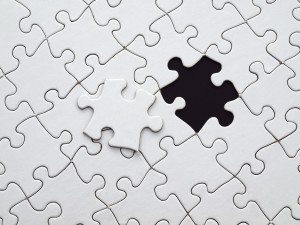
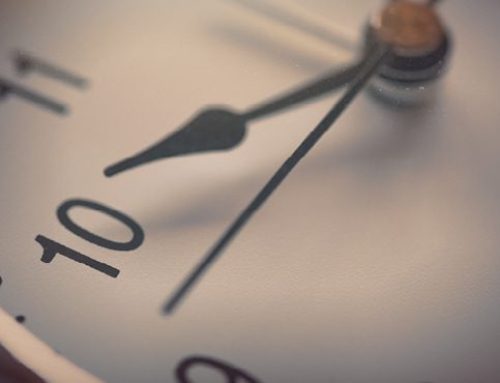
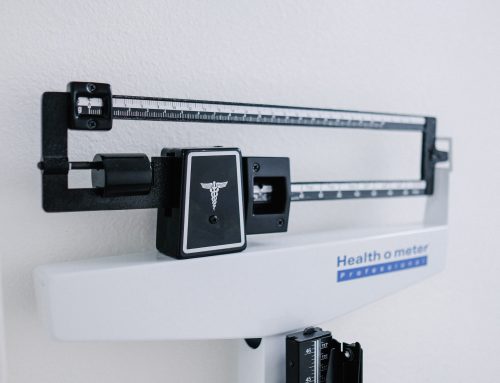
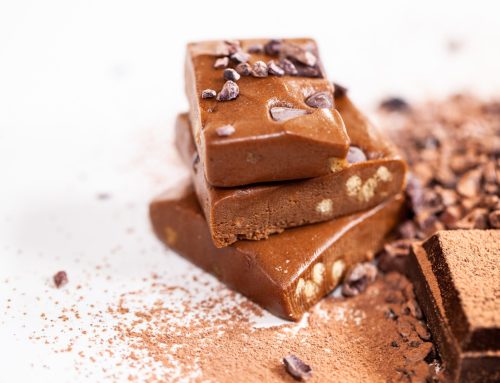
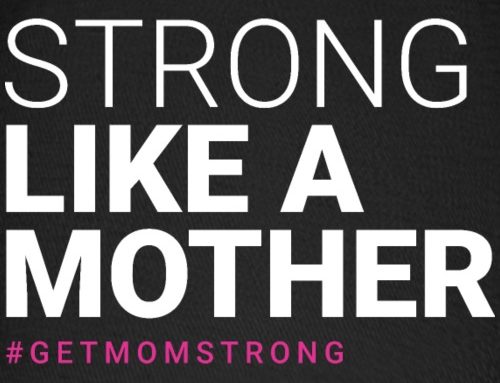
Thank you Marney. That article was great. I would love to hear more.
Hey Marit, I just read your first article and enjoyed it, learned a few new things . Are you in Amherst now?
Diana tardif